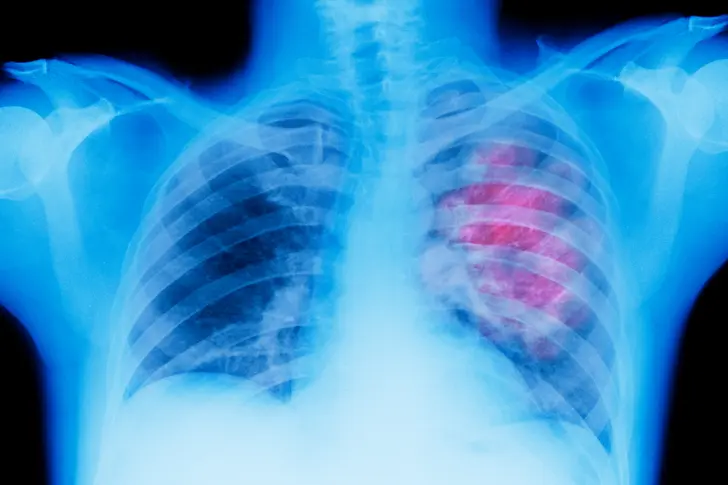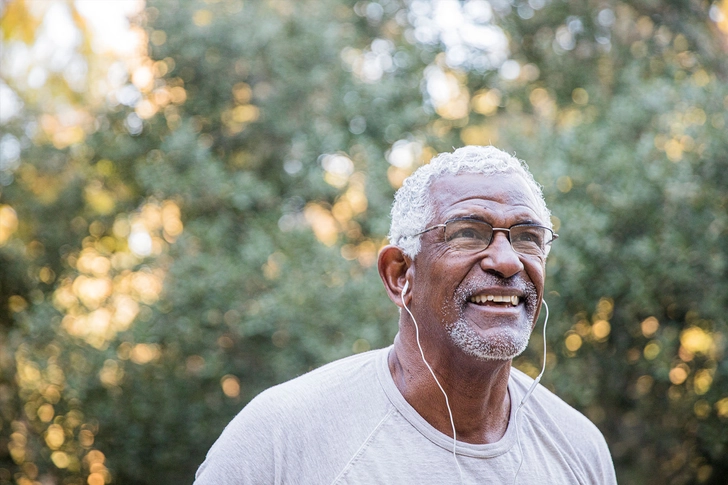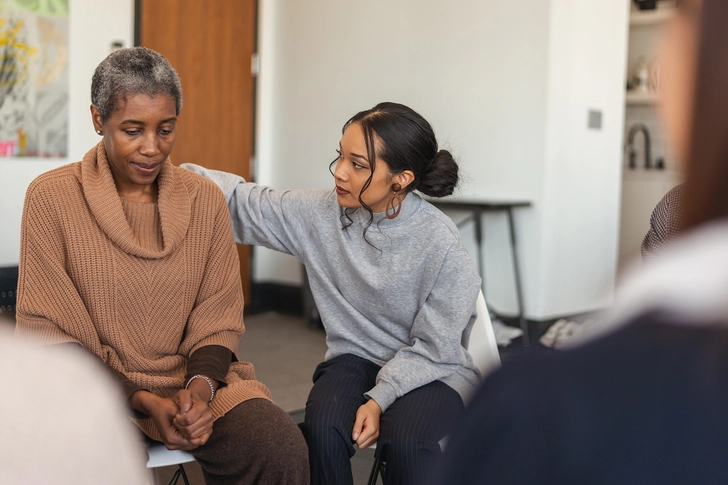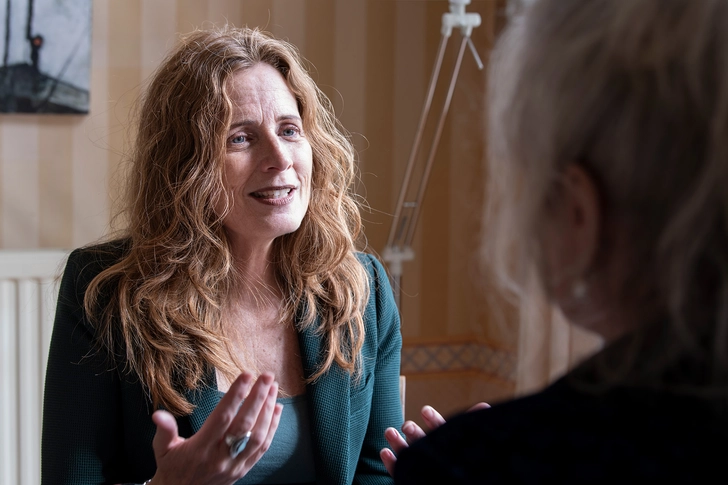- Overview
- Causes, Risks & Prevention
- Signs & Symptoms
- Tests & Diagnosis
- Your Lung Cancer Care Team
- Treatment
- Living With
- Remission & Recurrence
- Support & Resources
- Appointment Prep
- View Full Guide
Take Care: 10 Things to Do for Yourself After the Shock of Lung Cancer Wears Off


After the Diagnosis
Lung cancer is a shocking diagnosis for anyone. Once you've recovered from the shock, though, you can plan your self-care routine to maintain your fitness and good cheer and fight the disease effectively.
Good nutrition, regular exercise, and other healthy behavior will ensure that you enjoy a good quality of life.

1. Live Healthy
Lead an active life. Eat well-balanced, nutritious meals. Remain calm and reduce anxiety.
Cancer causes many problems like tiredness, nausea, vomiting, and poor appetite. Living a healthy life, though, will help you reduce these symptoms.
Following an active lifestyle and using methods to calm your mind will help you subdue anxiety and depression. You will then be in a much better frame of mind to fight the disease.

2. Stop Smoking
If you smoke, giving up smoking still helps you in many ways.
Your blood pressure and heart rate will return to normal in the short term. You also reduce your risks of heart disease and hypertension (high blood pressure).
Once you give up smoking, your lung function improves, despite the lung cancer.
It's never too late, there are lots of options to help you quit.

3. Be Active
Even if cancer has left you weak and tired, be active.
You may only be able to do gentle exercises at first. Get outdoors, though, and walk. Cycle if you are used to it.
Being active will improve your appetite. You'll maintain a healthy weight and also feel better.

4. Make a Diet Plan
Cancer drains your body and leaves you weak, so eating well is necessary to keep your body strong to fight the disease.
If necessary, consult a nutritionist. They will draw up a balanced meal plan for your particular needs.
There aren't any magical foods that will cure your cancer, but eating balanced meals will nourish your body.

5. Collect Information
Having information empowers you. You may find it difficult to concentrate after a shocking lung cancer diagnosis. Being informed about treatment options, though, will help you secure the best possible shot at a cure.
Talk to your physician and other patients. Visit your library and find books. Find dependable internet resources.
Having knowledge empowers you. You can then make the right choices about treatment, palliative care, and joining clinical trials offering the most recently developed treatments.

6. Look for Support
Having support when going through such a disturbing phase of life will help your mental health and emotional needs.
Friends and family are an obvious source of support, of course. You may also have colleagues who have suffered similarly.
Faith-based organizations can be a rich source of emotional support. Also, ask your physician about support groups at the hospital or online.

7. Reduce Your Anxiety
Anxiety is normal with cancer. You may be worried about your fate, your family, and several other things.
Anxiety disturbs your sleep and reduces your appetite and energy levels. Discuss these symptoms with your physician, who will provide you with potential anxiety-reducing therapies.
Some options include cognitive behavioral therapy (CBT), progressive muscle relaxation, grounding techniques, and counseling.

8. Make Yourself Comfortable
Pain is often a part of cancer. It reduces your quality of life and makes you miserable.
Talk to your physician about it. They can offer various methods of reducing your pain. Many types of medication are available and are often effective.
Alternative therapy like acupuncture, massage therapy, and meditation may help you.

9. Save Your Energy
Lung cancer and its treatments are exhausting. Reduce your activities and save your energy for the activities you most enjoy.
Set priorities for your activities. You may have to drop a few at the end of the list.
Learn to say "no" without any guilt.
Eliminate unnecessary tasks until you are stronger.

10. Keep Hope Alive
Hoping gives you a sense of purpose and helps you feel better. A cure is not the only thing to hope for. Daily hope and joy are important parts of self-care.
Make plans for each day. Look forward to events, meetings, etc. Cancer should not stop you from doing the things you enjoy.
Look for reasons to hope while remaining aware of what's happening.
Image Credits:
1. Peter Dazeley / Getty Images
2. shapecharge / Getty Images
3. Daniel Grill / Getty Images
4. adamkaz / Getty Images
5. TwilightShow / Getty Images
6. Cavan Images / Getty Images
7. FatCamera / Getty Images
8. Lucy Lambriex / Getty Images
9. ljubaphoto / Getty Images
10. zeljkosantrac / Getty Images
11. Cavan Images / Getty Images
SOURCES:
John Hopkins Medicine: "5 Healthy Habits That Help You During Lung Cancer Treatment."
Cancer Research UK: "Coping with lung cancer."
American Lung Association: "Planning for Life With Lung Cancer."
American Society of Clinical Oncology: "How Anxiety Impacts People With Cancer and How to Cope."
Lung Cancer Canada: "Managing Symptoms."
Lung Cancer Canada: "Managing Daily Activities."
National Institutes of Health: "Coping with Advanced Cancer."